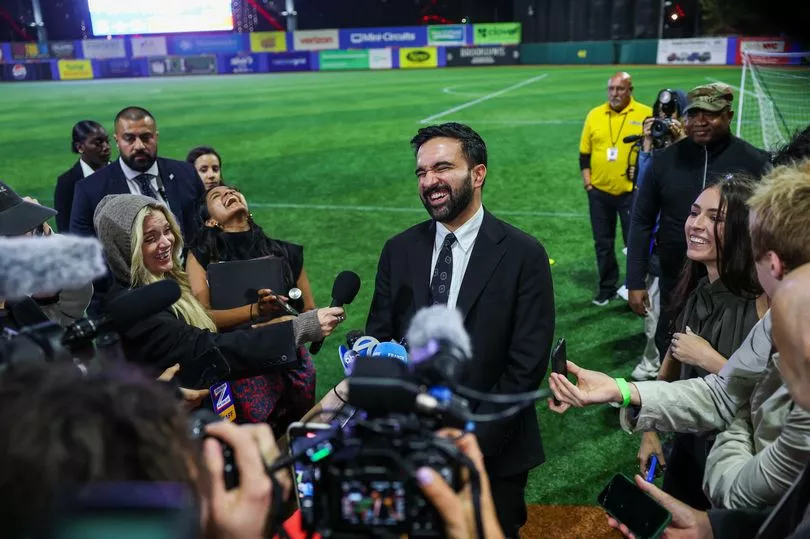A new research report has highlighted the shockingly low levels of ethnic minorities and women in leadership positions and in coaching in European football.
The Glass Ceiling in European Football report published by Fare, has found that 95.8% of all senior governance positions at elite level clubs, national leagues and UEFA are held by white men. Only 0.6% of all Presidents, vice-Presidents and Executive Committee members are from ethnic minorities and 3.7% are women.
The report was presented at a seminar co-hosted by the KNVB, UEFA and Fare in Amsterdam on Friday (12 December), and also found that in professional paid positions, 87.7% of all CEO’s and Heads of Unit at top clubs, national leagues and UEFA are categorised as white men.
The research data and analysis produced by Dr Steven Bradbury (Loughborough University, England), with Dr Jacco Van Sterkenburg (Erasmus University Rotterdam, Netherlands) and Professor Patrick Mignon (INSEP, France), also found that among 672 senior coaching positions in elite men’s and women’s football in seven European countries only 3.4% were held by ethnic minority men and nil by ethnic minority women.
Experience of minority coaches
Interviews were held with ethnic minority men’s football coaches in England, France and the Netherlands to find out about their experience in coach education and employment. The interviews revealed a series of personal, cultural and structural barriers that were perceived to block opportunities to access and complete coaching qualification for ethnic minority coaches.
Among other factors, the interviewees cited misplaced cultural perceptions of ethnic minorities in relation to aspiration, attitudes and intellectual capacities to successfully coach in professional football.
‘An industry that under-utilises some of the best talent’
Piara Powar, the Executive Director of the Fare network, said, “For the first time we have a statistical overview of the disproportionately low number of women and ethnic minorities in football administration, and the small number of ethnic minorities in coaching and management roles.
“The figures highlight a sport that celebrates the ideal of the level playing field, but does not seem to offer the same to women or ethnic minorities.”
“The moral argument for recruiting diverse leaders is powerful but perhaps the bigger issues is the evident loss of talent – football cannot afford to exclude or ignore talented individuals because of their background or gender.”
William Gaillard of UEFA, who funded the report, commented, “We know that people look at football and give it more attention than other areas of life, and therefore we are judged according to higher standards.
“When it comes to ensuring fair opportunities within football we know that we can do better. The research findings of this report show an industry that under-utilises some of the best resources at our disposal.”
Recommendations for future action
The report makes a series of recommendations for professional clubs, national leagues, national federations and UEFA in the area of leadership, coach education and coach employment.
They include a necessity for focus on football organisations to review their existing practices of recruitment to senior governance and operations positions; understanding how structural inequality comes about; subsidising coach education training courses; and, implementing positive action programmes such as the Rooney Rule.





